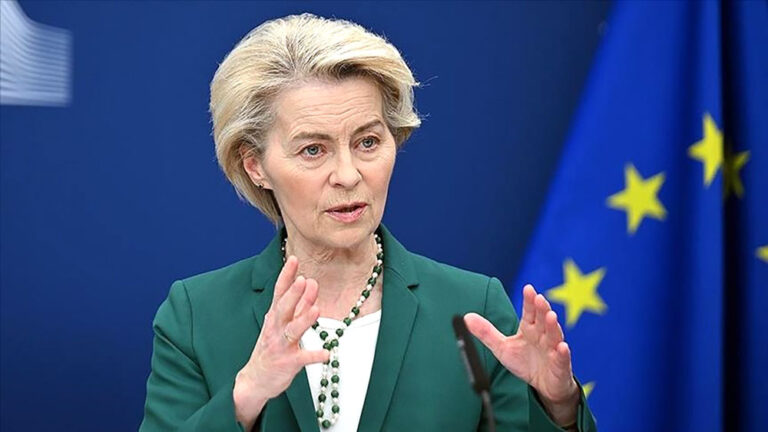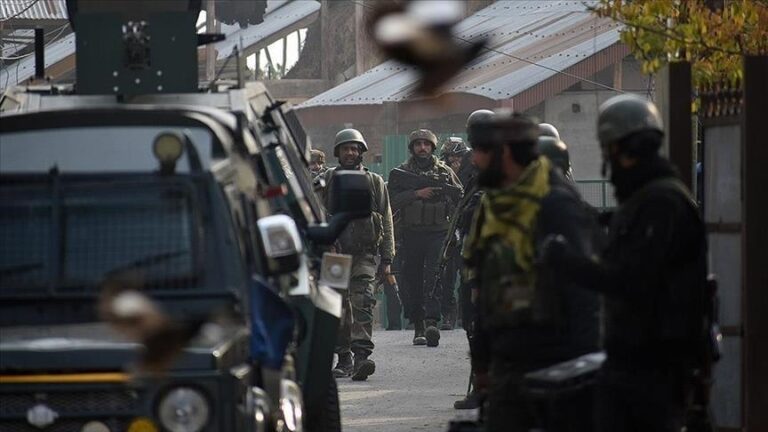The US defense chief has said that 2016 will be the year the American-led coalition assaults the Islamic State in its strongholds of Raqqa and Mosul, offering Barack Obama a last chance to deal the jihadist army a lasting defeat before his administration ends.
Ashton Carter, the US defense secretary, gave a speech on Wednesday unusually heralding the US campaign plan for the next year, saying that he had “big arrows” pointing at the Syrian and Iraqi cities that constitute Isis’s “center of gravity”.
But the campaign against Isis will expand beyond those countries, Carter said, indicating that the drone strikes that have become a fixture in Yemen, Somalia and Pakistan will now target the militant group beyond declared battlefields.
Thus far, US efforts against Isis in Syria have been limited to airstrikes – at a lower tempo than those launched in Iraq – and infrequent special-operations raids, as the outgoing commander of US forces in the Middle East has pursued an “Iraq first” strategy. A concerted push on Raqqa would inaugurate a new phase of the war, perhaps featuring direct US involvement in combat.
But expanded efforts to target Isis commanders will also feature in 2016, Carter indicated, as a recently established “expeditionary” effort comprising special-operations forces will begin their missions, similar to the secretive raiding the Joint Special Operations Command conducted in Iraq during the 2003-2011 US occupation.
“We will begin by collapsing Isil’s control over both of these cities and then engage in elimination operations through other territories Isil holds in Iraq and Syria,” Carter told soldiers of the 101st airborne division at Fort Campbell, Kentucky as they prepare to deploy, once again, to Iraq. The “Screaming Eagles” took Mosul in 2003 during the US invasion, under the command of then Maj Gen David Petraeus, and are returning on a training mission.
The US has pledged to aid the Iraqis in retaking Mosul, Iraq’s second city, since fall 2014, months after Isis captured it in the dramatic advance that launched the group to the fore of global attention. In February, Central Command officials even held a rare briefing signaling plans to recapture Mosul by spring 2015, something Carter later called a mistake.
Yet the US focus on Mosul was not shared by much of the Iraqi security apparatus, which urged attention on Isis’s designs on Ramadi. AfterRamadi fell in May 2015, the revised war planprioritized retaking it, shunting Mosul aside.
Iraqi forces, backed by US warplanes, seized Ramadi late last month, apparently permitting a US military with new leadership at key levels in the anti-Isis fight to shift their attention beyond the city – and, Carter indicated, beyond Iraq and Syria as well.
As reports circulated that Isis hadexecuted its own soldiers after the recapture of Ramadi, Carter warned the 101st that Mosul would be a difficult battle, particularly as a dug-in Isis force challenges an Iraqi army with persistent logistics difficulties fighting far from Baghdad. He even provided specificity about the campaign plan itself, saying the Kurdish peshmerga would attack from the north while the Iraqi army advanced from the south.
“I don’t need to tell you how complex a city like Mosul can be, and I’m not about to tell you that it’s your job to keep everyone working together when the fighting is done,” he said.
Carter indicated that the fight for Raqqa will be conducted by proxy local forces, supported by US special operations forces on the ground and US combat aircraft overhead.
Those local fighters – a mix of Arabs, Kurds and Turkmen – had shown recent battlefield successes along the Turkish border and at the Tishreen dam, Carter said, disclosing that they had help from US special operations forces. The US last fall shifted to a strategy of supporting existing forces after its efforts at cultivating a new Syrian rebel army failed.
Carter said that the elite special-operations forces would be “small” in number but powerful in effect, as they have “already” cultivated “local, motivated and capable partners” in Syria. Notably, Carter said they would bring the “full might of America’s airstrikes” against Isis, indicating that they may call in and spot for airstrikes, a step Obama has thus far resisted.
Yet Carter warned against overly “Americanizing” the fight, a note Obama sounded in his State of the Union speech as a cautionary tale from the previous Iraq war.
“Going in alone would also Americanize the conflict, giving Isil the chance to call it a foreign occupation, convincing those who are resisting Isil to fight us instead, and feeding the anti-western story Isil has been pushing all along as it tries to inspire acts of terror around the world,” Carter said.
“We can’t ignore this fight, but we can’t win it entirely from the outside-in.”
But the next fight, Carter said, would extend beyond Iraq and Syria, and require a “flexible and nimble response” that will leverage the existing global architecture of US counter-terrorism – primarily characterized by drone strikes and commando raids in far-flung areas – in places Isis is expanding, such as North Africa, Afghanistan and Yemen.
“An example of this network in action was our November 13th strike on Abu Nabil, where assets from several locations converged to successfully kill this Isis leader in Libya,” Carter said.
Chris Harmer, a former US navy aviator now with the Institute for the Study of War, lauded the intention to attack Isis in Raqqa but questioned the wisdom of saying so.
“There’s zero upside to telling Isis what we’re doing, none at all,” Harmer said, quoting Bill Murray’s character in the Wes Anderson film The Life Aquatic with Steve Zissou: “You don’t tell someone you’re gonna hit him, you just hit him.”(Spencer Ackerman)
Link: http://www.theguardian.com/world/2016/jan/13/us-defense-secretary-ashton-carter-isis-raqqa-mosul-iraq-syria



